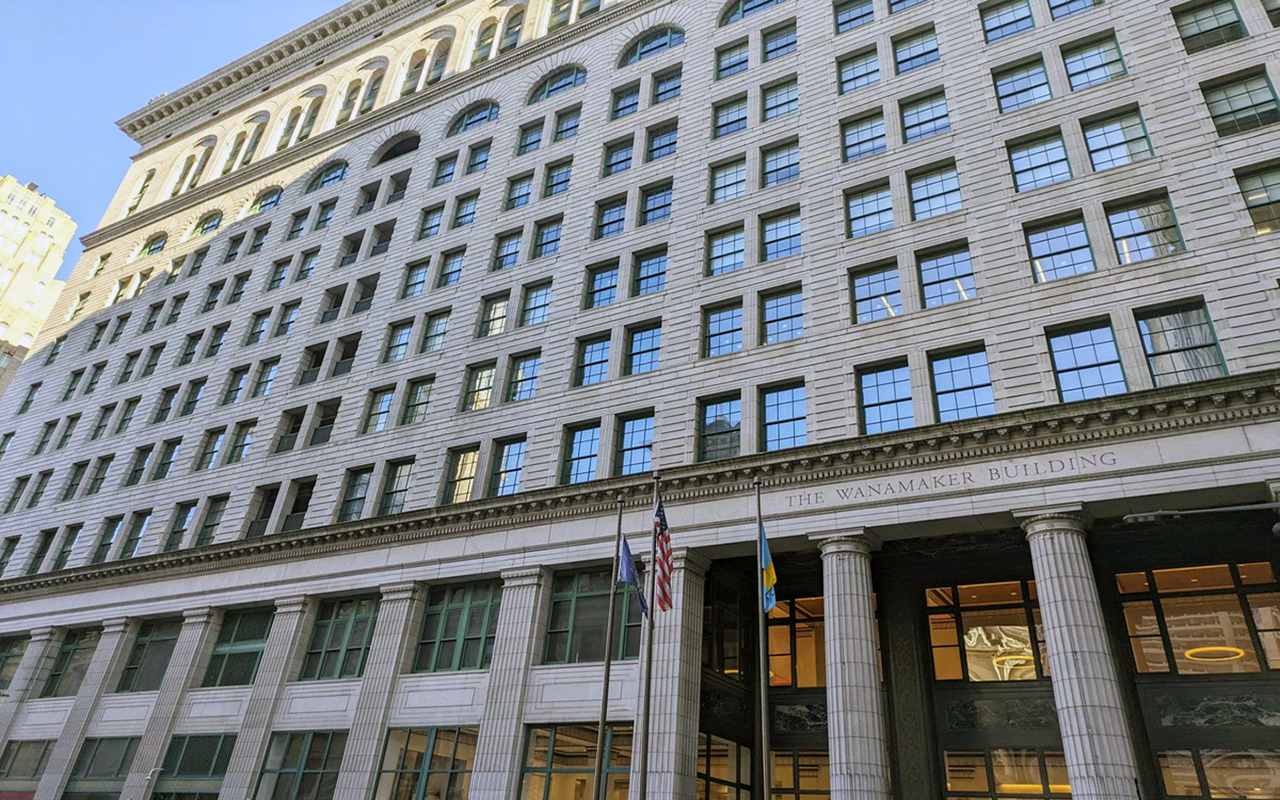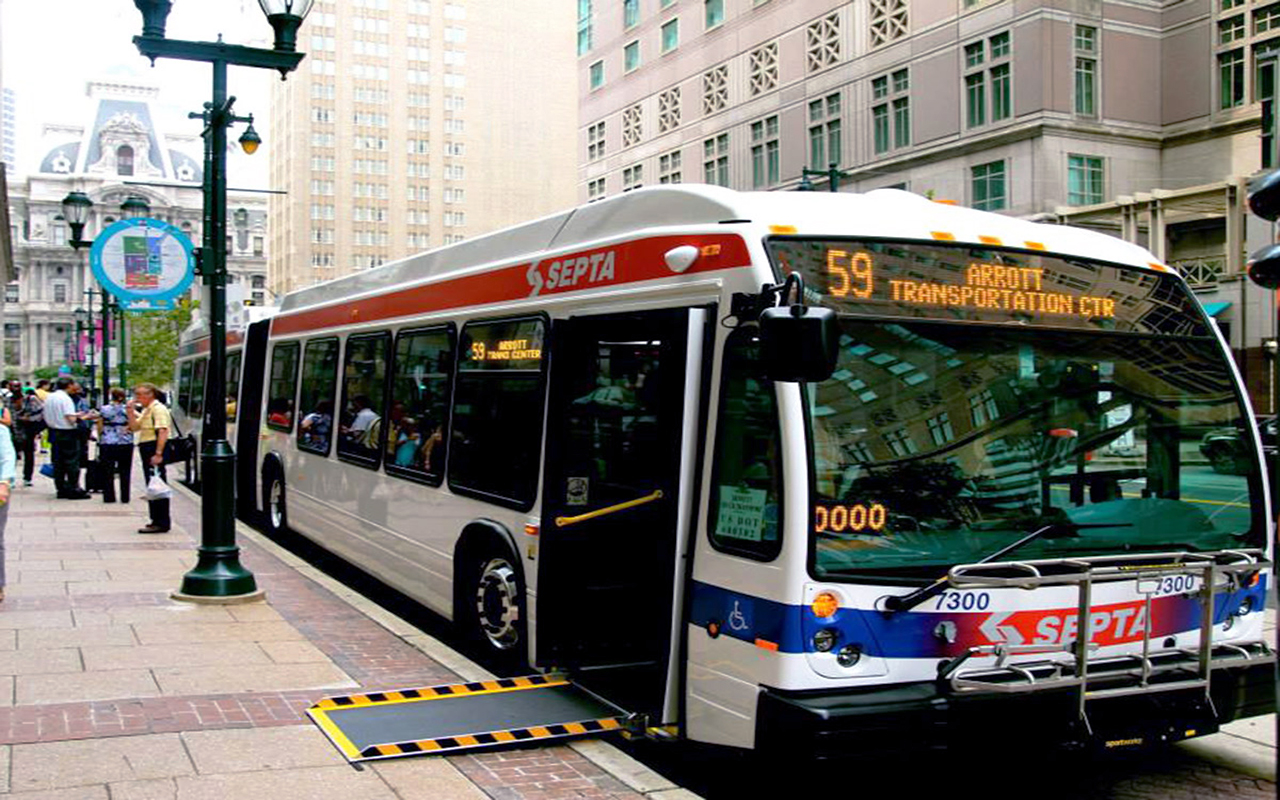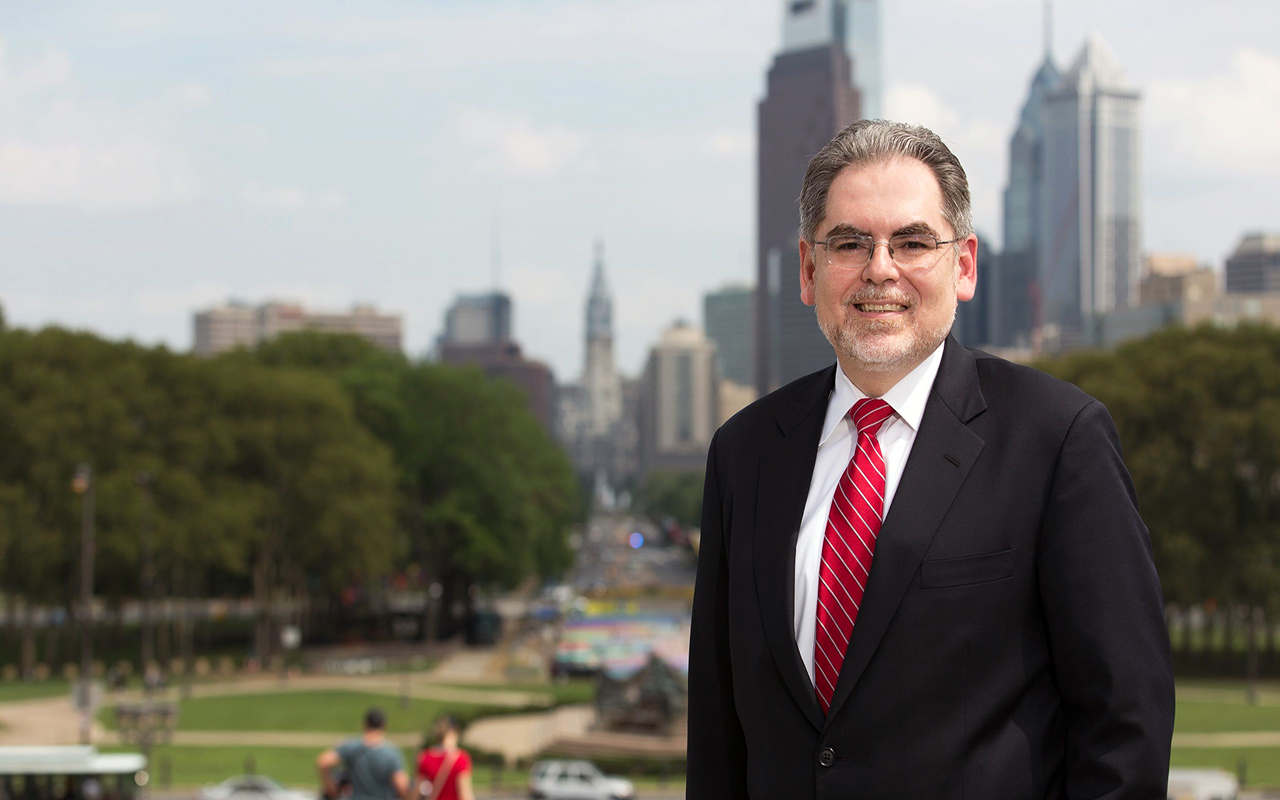The quest for wage equality in Philly takes a hit
Two days after a celebration and show of solidarity for Equal Pay Day, a day that calls for the equal pay of men and women, the city of Philadelphia is facing an unprecedented legal battle over the protection of wage equality.
Mayor Kenney and the city is facing a legal battle over the city's wage equity law, an ordinance that prohibits employers in the city from asking applicants their salary history - a move that they say is key in helping women advance in the workforce.
The legislation, the first of its kind, is set to take effect on May 23, and the lawsuit may preemptively prevent it from trickling down.
But the suit may be more than an actually challenge of ethics and policy but also a message to city legislators: the business community seeks more freedom.
Rob Wonderling, President and CEO of the chamber, said to the Philadelphia Inquirer, “We think the law is unconstitutional, and we want to stand up for the economic rights and the free speech rights the First Amendment guarantees,” Wonderling said. “Second, we think it's a good venue to really signal that we would like to see a shift in the regulatory environment of our local government.”
CONTENIDO RELACIONADO
Holding fast to their principles and support of the legislation, the Kenney administration via spokesman Lauren Hitt said, “We have not received the complaint yet, but as we’ve said previously, we’re confident that the law will withstand a challenge.”
On average, women earn 79 cents for every dollar made by men, and the disparity is greater for women of color - especially Latina women.
Passed in December and signed in January, the law first made headlines when a lawyer from Comcast, Miguel Estrada, urged the mayor to veto the bill. “There is no evidence that even if this question were forbidden it would significantly and materially, and those are the words of the Supreme Court, contribute to end the problem in question,” Estrada said to the Philadelphia Inquirer on Wednesday.
But supporters of the bill say that it is the only way to move forward on the issue. “We’re not just talking about it and saying, ‘Oh, it's terrible a Latina is getting paid 55 cents or something like that for every dollar a white male is.' ” said Councilman Greenlee said. “We’re trying to do something.”









DEJE UN COMENTARIO:
¡Únete a la discusión! Deja un comentario.